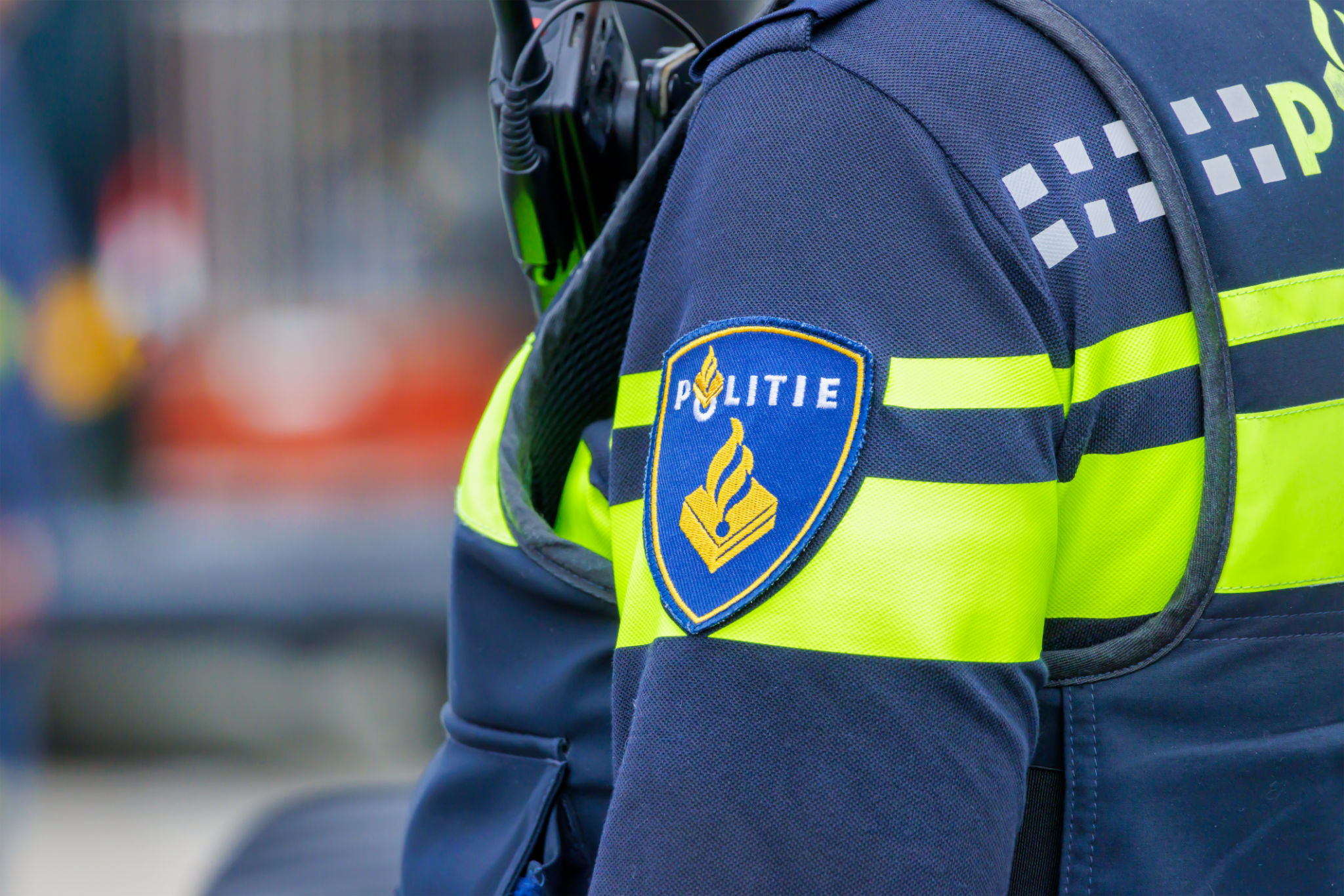A Comprehensive Guide to Law Enforcement Services in Cook County
Introduction to Law Enforcement in Cook County
Cook County, the most populous county in Illinois, is home to a complex network of law enforcement agencies dedicated to maintaining public safety and order. With its rich history and diverse communities, understanding the structure and services of law enforcement in this region is crucial for residents and visitors alike.

Cook County Sheriff's Office
The Cook County Sheriff's Office is one of the largest in the United States, responsible for a wide range of services. Headed by the elected Sheriff, the office oversees the county's jail system, provides court security, and engages in special operations. They also handle evictions, serve warrants, and offer policing services in unincorporated areas of the county.
Key responsibilities of the Cook County Sheriff's Office include managing correctional facilities, ensuring courtroom security, and executing civil processes. The Sheriff's Police Department also supports local police departments when necessary.
Local Police Departments
Within Cook County, numerous municipalities operate their own police departments. These local agencies are primarily responsible for enforcing the law within their respective jurisdictions. They handle everything from routine patrols and traffic enforcement to investigating crimes and community outreach.

Illinois State Police
The Illinois State Police (ISP) also play a significant role in law enforcement across Cook County. While they are a statewide agency, their presence is particularly notable in activities like highway patrols and providing assistance to local departments during major incidents.
The ISP operates several specialized units, including crime scene services, investigations, and special operations. These units often collaborate with local agencies to enhance public safety and solve complex cases.
Specialized Units and Task Forces
Cook County benefits from various specialized units and task forces that address specific types of crime. These include gang units, narcotics divisions, and cybercrime task forces. Such units work in tandem with local, state, and federal agencies to tackle issues that extend beyond the capabilities of standard patrol officers.

Community Policing Initiatives
Community policing is an integral part of law enforcement in Cook County. Departments across the county engage in programs designed to build trust and foster cooperation between police officers and community members. These initiatives often include neighborhood meetings, youth programs, and collaborative problem-solving efforts.
By focusing on community engagement, law enforcement aims to improve relationships with residents and enhance the overall quality of life in Cook County.
The Role of Technology in Modern Policing
Technology plays a crucial role in the evolution of law enforcement services in Cook County. From body-worn cameras to advanced data analytics, technological advancements help agencies enhance transparency and efficiency. Innovations such as real-time crime centers allow for more proactive policing strategies.

Conclusion
Law enforcement services in Cook County are diverse and multifaceted, comprising various agencies working collaboratively to ensure public safety. Understanding these services helps foster community cooperation and supports the efforts of officers dedicated to protecting the community. By staying informed about the roles and responsibilities of different law enforcement entities, residents can engage more effectively with those who serve them.